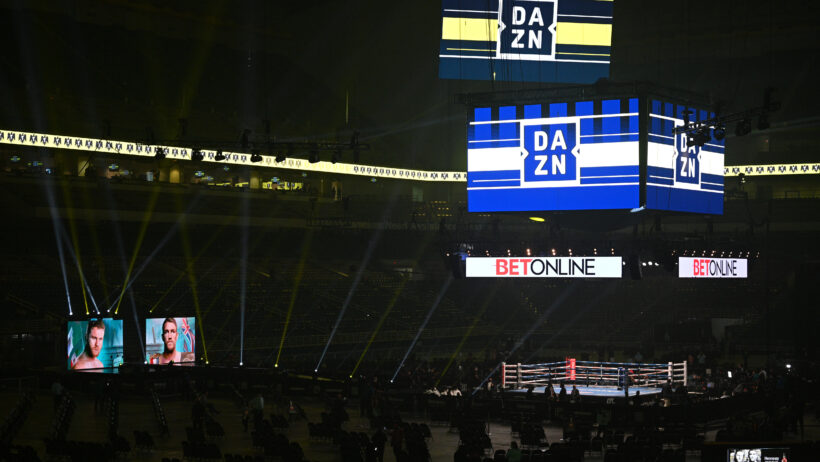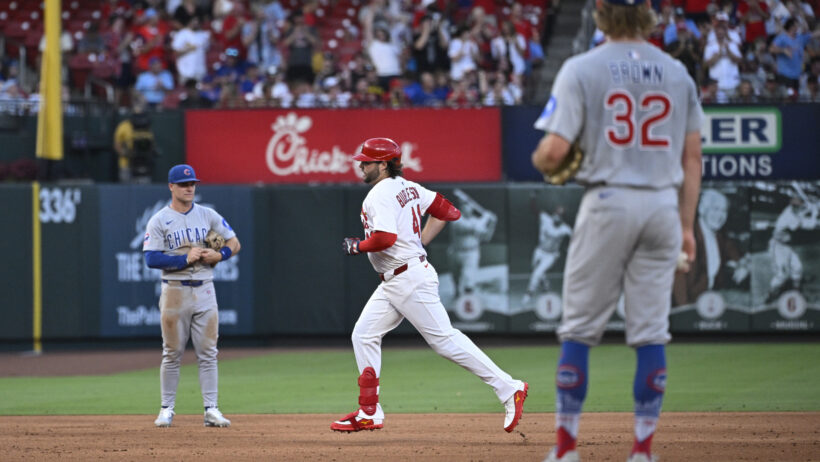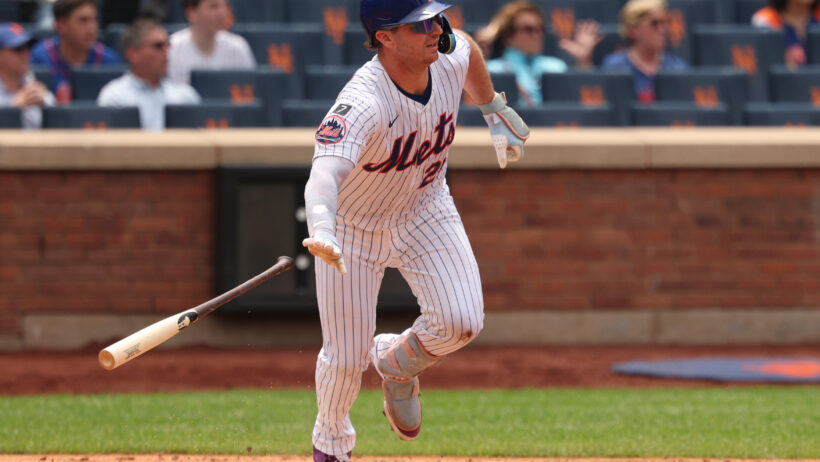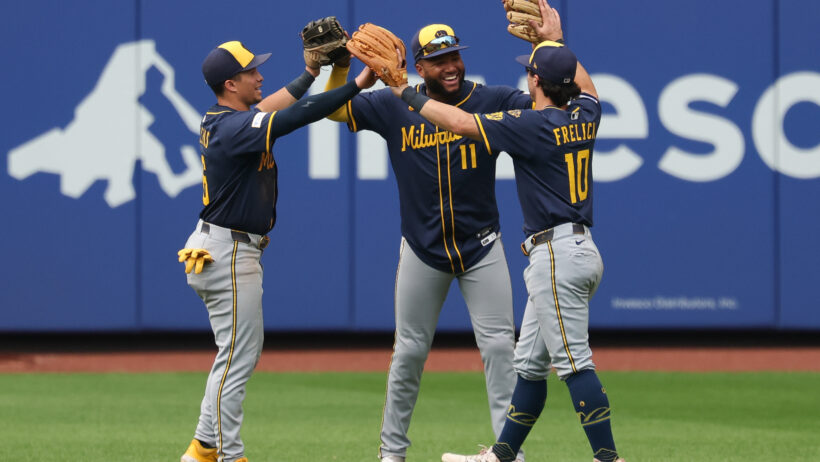Hot Stakes – When I Grow up, I Wanna Be an Ump
By Eric Thompson in News
Updated: January 17, 2018 at 9:39 am ESTPublished:
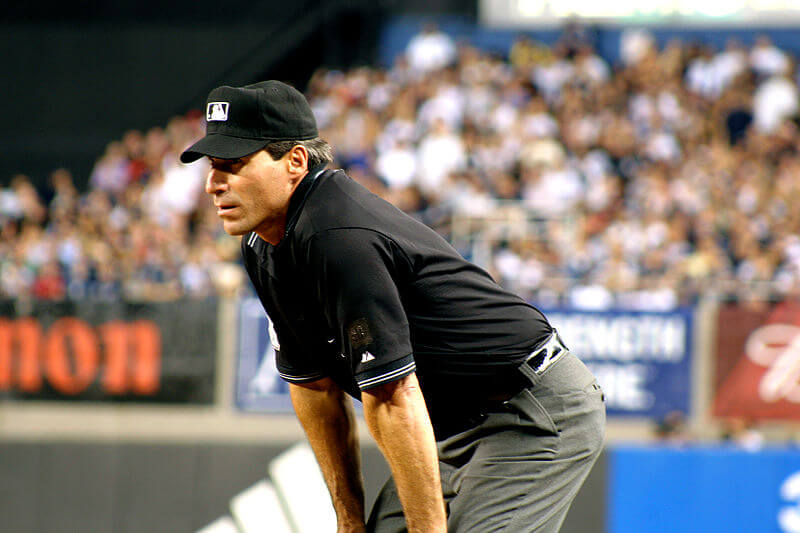
When I was a kid, I didn’t really have a concept of the working world. So when people asked me what my ideal job was, I would say things like “video game tester” or “food critic,” basically trying to twist anything I enjoyed into a profession. Besides, how hard is it to pass judgement on something I love, like playing Mike Tyson’s Punch Out or eating ribs?
What I didn’t realize is that a certain level of critical analysis and accountability comes along with those jobs. But if I could talk to my younger self now, I’d tell him there’s a career that would allow him to be around something he loves, and he wouldn’t even need to be good at it! I’m talking, of course, about the role of MLB umpire.
It really has all the makings of a dream job: you get front row seats to Major League Baseball games; you never have to make tough decisions; and, once you get the job, it’s yours for life!
Sure, things weren’t always so simple for umpires. Before the MLB expanded replay to basically allow anything to be challenged, umps had to pay attention to the game in order to make those close, bang-bang calls. But those days are gone now and virtually anyone with a second-grade attention span could call a big league game. Think I’m being too hard on umps? Well, let’s take a closer look.
The Challenge
Baseball lagged behind the other major sports in implementing instant replay for a variety of reasons. Some fans still clamor that they liked the “human element” that surrounded the game. While I don’t disagree on that front, the challenge system in the MLB has proven that the humans calling the game are not very perceptive.
Last season, nearly 50-percent of challenged plays were overturned. A flip of a coin would’ve gotten as many calls right as the man who is paid to watch the game. Perhaps nobody was more exposed than first-base umpires, who had a whopping 63-percent of challenged plays at first go against their original call.
As embarrassing as some of these numbers are, though, is there really an incentive for umpires to be better? In the name of “getting it right,” instant replay will only play a greater role as we move forward, so those calling the game will always have a safety net. And it’s not like they have to answer to anyone for poor performance.
Zero Accountability
I’d like to address a play from the season-opening series between the Toronto Blue Jays and Tampa Bay Rays; and no, it’s not the one you’re thinking of! (But we will come back to that.) During Game 2 of the series, Josh Thole belted a solo shot into right-center field where it was caught by an elderly (yet surprisingly nimble) fan. First base ump Laz Diaz biffed the call on the field and ruled it fan interference. Instant replay, thankfully, got the call right, but not before Tampa security ejected the fan.
However, in a fantastic turn of events, Diaz tracked down the fan and gave him a pair of tickets behind home plate to atone for the mistake that cost the man his evening.
“Seriously?” you’re saying to yourself. Of course not! Because umpires aren’t accountable to anybody, not the fans, not reporters, and certainly not the league. Once an umpire has worked in the MLB for more than two seconds, he seemingly becomes untouchable. And while the league office may say they “work with their officials,” the repeated blunders of Angel Hernandez prove that no amount of training can fix stupidity.
The only example of the MLB firing an umpire in recent years was Brian Runge, whose dismissal was a result of a violating the league’s drug policy. So once you become an MLB umpire, just avoid doing (a lot of) drugs and you can keep your job forever!
Balls and Strikes
At least there is one sacred place where instant replay can’t replace the human element: behind the plate. Well, in some aspects, anyways. (Hilariously, 33 hit-by-pitch calls were overturned last season. That’s a lot of times to not notice whether a guy a foot in front of you got cranked with a fastball. But I digress.)
The major role of the home plate umpire is to call balls and strikes, and even though the MLB rule book demarcates the strike zone, it’s still a subjective undertaking if ever there was one. Every umpire has their own strike zone, which changes game to game and even batter to batter. But no matter how unfair a call may seem – this is perhaps the best part of being an umpire – no one can argue! Any player or manager that questions the umpire’s authority gets tossed. Umps are basically medieval kings with uniforms.
If the unchecked power and indefinite tenure of umpires hasn’t already made this career sound cushy-as-hell, guess what …
It’s Only Getting Easier
I’ll leave the “wussification” aspect to the Goose Gossages of the world and simply note that the new Chase Utley slide rule seems like a pretty easy call for umps to make. Any contact with a second baseman while he’s trying to turn a double play will instantly lead to two outs, meaning fewer close calls at first (which, remember, umps are bad at).
And it’s not just the rule book that appears to be going soft. Long gone are the days of managers losing their shit at calls they don’t agree with. More often than not, bench bosses appear resigned to their fate in a league they don’t agree with. Yeah, fans will still boo umpires occasionally. But they’ll also jeer shitty comedians, and those guys don’t make $350,000 a year!
I think the choice is clear kids; get out in the backyard and start practicing your faux tough guy act so you’re ready to toss anyone who questions your terrible judgment. Just kidding, practice will never be a necessary part of the job!
(Photo Credit: tunnelarmr (Flickr) [CC BY 2.0 (http://creativecommons.org/licenses/by/2.0)], via Wikimedia Commons.)

Sports Writer
Eric Thompson has been with SBD since 2015, serving as a sports betting expert in NFL, NHL, NBA, and MLB. If you want someone who eats, sleeps, and breathes sports news and betting, Eric is your man. Having studied economics at university, he understands what value is and how to spot it.
